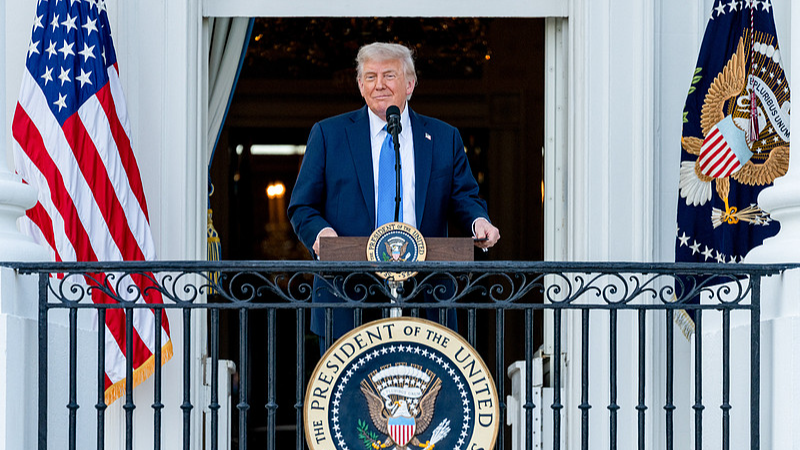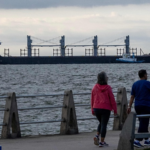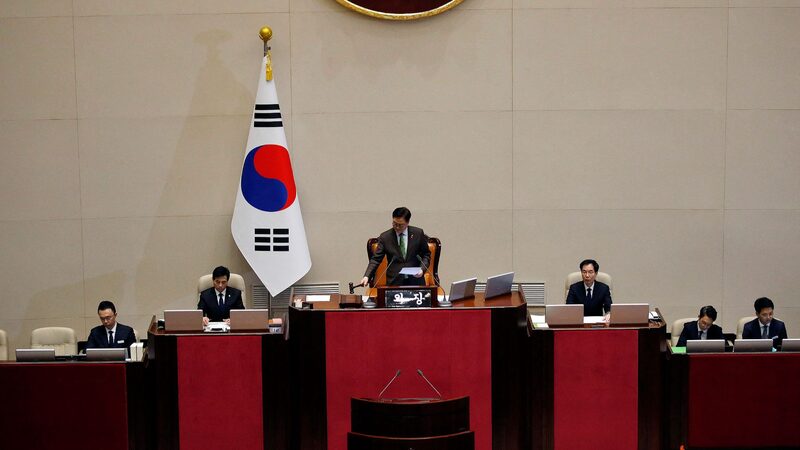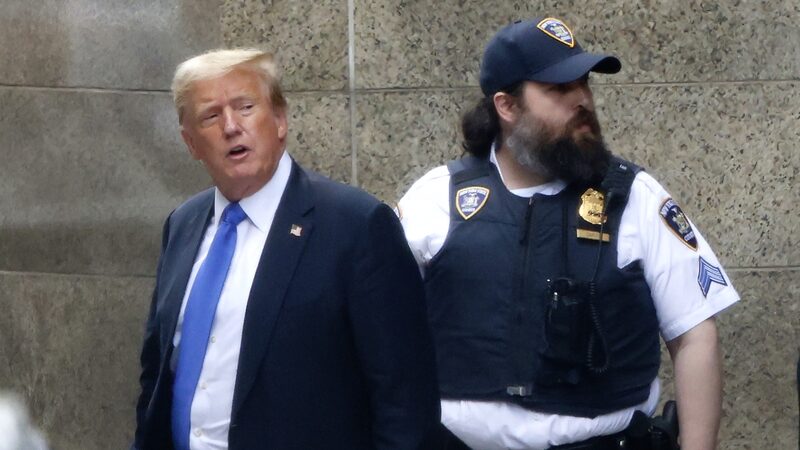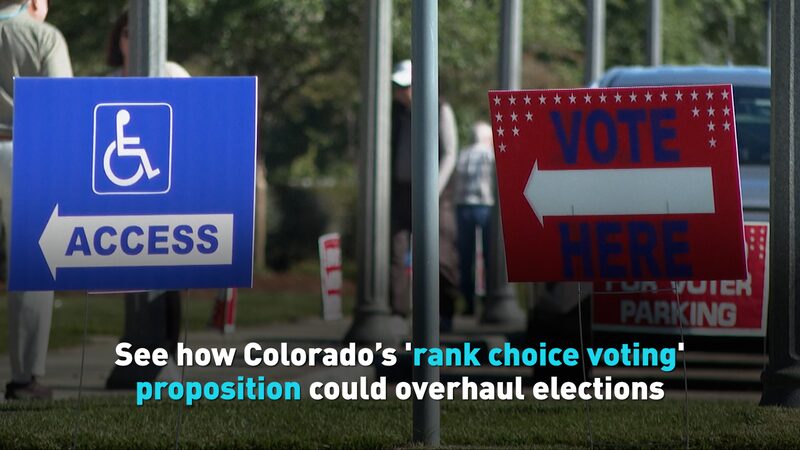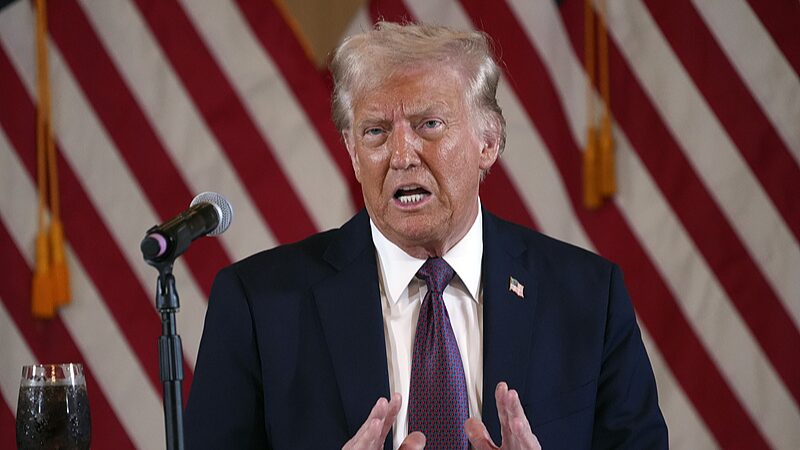U.S. President Donald Trump's unprecedented use of executive orders – 150 signed within four months of his 2025 inauguration – has reignited debates about the resilience of America's constitutional safeguards. Political and legal scholars warn that partisan polarization and judicial dynamics are reshaping traditional checks on presidential authority.
Congressional Gridlock and Partisan Loyalty
University of Michigan-Dearborn professor Mitchel Sollenberger attributes congressional inaction to heightened partisanship: "Members are rallying around their president rather than fulfilling constitutional responsibilities." He notes the impeachment process has become ineffective amid party-line voting, while conservative-leaning Supreme Court decisions have gradually expanded executive powers through rulings on presidential appointment authority.
Judicial Challenges in Uncharted Territory
Georgetown University's David Super observes: "Courts traditionally presume administrations act lawfully, but this presumption is being tested." While some judges show reduced deference to Trump's policies, Super suggests concerns about enforcement compliance may temper judicial responses. He emphasizes existing laws already prohibit many controversial actions, leaving Congress limited legislative options.
Long-Term Constitutional Implications
Both scholars express concern about lasting impacts. Sollenberger warns of potential constitutional crisis if court rulings are ignored, while Super notes Trump's disregard for political norms could permanently alter governance frameworks. "The result could be either legal reforms or prolonged instability," Super concludes, highlighting business and progressive responses as key variables.
The developments carry implications for global observers analyzing U.S. policy continuity and institutional stability amid evolving executive practices.
Reference(s):
Q&A: Can Congress, courts check Trump's executive powers? (Part Two)
cgtn.com
